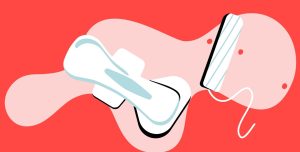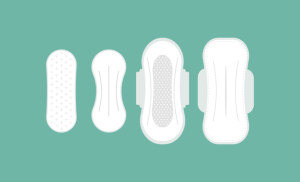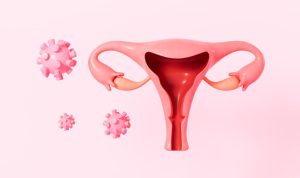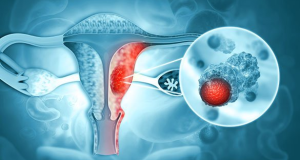So, you’ve been eating a bit too much junk food lately?
Don’t worry, we’re not going to judge. In fact, we’re here to help!
Because, as it turns out, your diet might be affecting your menstrual health in some not-so-positive ways.
Keep reading to learn more about how the foods you’re eating are impacting your periods—and what you can do about it.
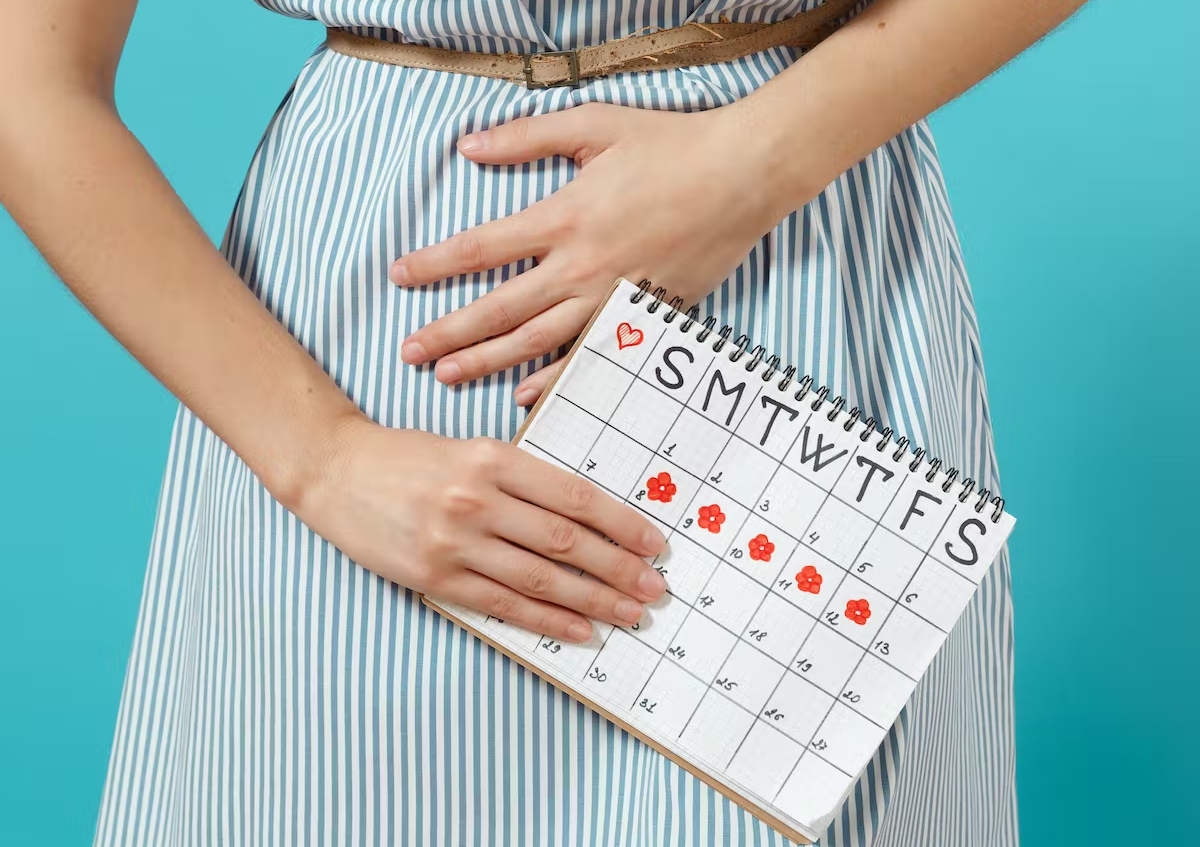
What is Junk Food?
So, what is “junk” food, exactly?
Junk food is any food that is high in calories, unhealthy fats, sugar, and salt, and low in nutritional value. This includes processed foods like chips, crackers, cookies, fast food, and sugary drinks like soda and sports drinks.
While a little tolerance every once in a while, isn’t necessarily bad, eating too much junk food can have serious consequences for your health—including your menstrual health.
The Effects of Too Much Junk Food on Your Menstrual Health
It’s no secret that junk food is bad for you. But what you may not know is that it can also have a negative impact on your menstrual health.
Eating too much junk food can cause weight gain, which can lead to problems like polycystic ovarian syndrome (PCOS). PCOS is a condition that affects ovulation and can cause infertility. It’s also been linked to an increased risk of other health problems like type 2 diabetes and heart disease.
In addition, junk food can also contribute to high levels of androgens, which can interfere with the menstrual cycle and reduce fertility. Also, diets high in saturated fats can lead to an increase in estrogen, another hormone that can affect menstrual cycles.
Junk food can also lead to an increase in inflammation, which can disrupt hormonal signals and trigger negative effects on your menstrual cycle, such as irregular periods, PMS symptoms, and even heavier periods. It can also heighten the risk of developing endometriosis and other endocrine-related disorders.
Moreover, eating junk food can lead to an higher cortisol levels. Cortisol can affect the production of progesterone, which is an important hormone for regulating your menstrual cycle. A disruption in progesterone production can cause irregular or skipped periods.
Ultimately, eating too much junk food can be detrimental to your health and your menstrual cycle. Therefore, it’s important to pay attention to what you are eating and make sure you are getting enough of the right nutrients.
Eating a balanced diet that is high in fruits, vegetables, whole grains, and lean proteins, and low in processed foods can help keep your body and your menstrual cycle in balance.
In addition to this, junk food can also have an impact on your mood. Studies have shown that women who eat a lot of junk food are more likely to experience symptoms of depression.
So, if you’re looking to keep your menstrual health in check, it’s best to steer clear of processed foods and sugary snacks. Plus, don’t forget to shop for the best pads for periods in Pakistan to stay comfortable even if you experience heavy bleeding.
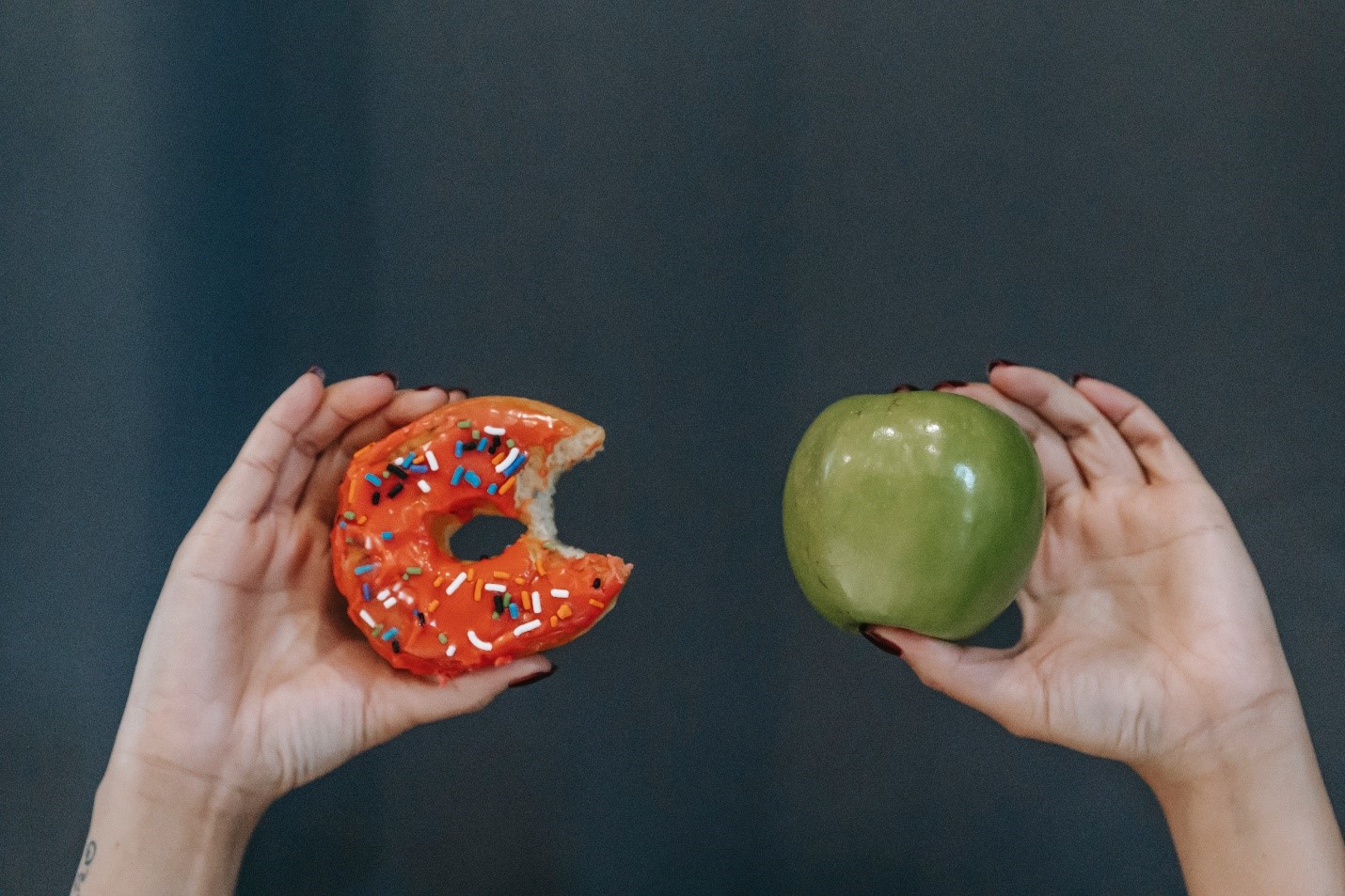
Why Do You Get Junk Food Cravings?
You may be wondering why you’re unable to stop yourself from consuming junk food at times.
Well, we’ve got the answer.
Stress and lack of sleep contribute to junk food cravings. When you’re stressed out, your body produces the hormone, cortisol, which triggers cravings for sweet, salty and fatty foods. And when you’re running on little sleep, your body isn’t able to produce the hormones it needs to regulate hunger and cravings.
So, what does all of this mean for your menstrual health?
Unfortunately, the junk food you’re eating is likely contributing to problems like PMS, irregular periods, and even infertility.
In other words, your eating habits are connected deeply with your lifestyle and vice versa. For a better night’s sleep, we’d recommend you to choose the best sanitary pads in Pakistan so that you can sleep well and eat well too!
Tips for Making Healthy Choices During Your Period
When it comes to managing your menstrual health, it’s important to incorporate healthy habits into your lifestyle. Here are some tips for making healthy choices during your period:
- Avoid processed and junk foods that are high in sugar and fat. Instead, choose natural whole foods such as fruits, vegetables, and whole grains to provide you with sustained energy throughout the day.
- Make sure you stay hydrated by drinking plenty of water and other fluids to help flush out toxins from your body.
- Eat small meals instead of large meals as this will give your body time to digest the food properly, resulting in fewer cravings for unhealthy snacks.
These healthy habits will ensure that you have an easier time managing your menstrual health and keep you feeling energized and vibrant during your period.
What Are the Benefits of Eating Healthy During Your Menstrual Cycle?
Eating a balanced, nutritious diet during your menstrual cycle can have many positive benefits. Research has found that consuming a diet high in fresh fruits and vegetables, lean proteins, and whole grains can help regulate hormones, reduce stress levels, and improve mood.
Eating healthy can also provide your body with essential nutrients like iron, calcium, omega-3 fatty acids, Vitamin E, and B12 that are needed to keep your menstrual cycle running smoothly.
Eating the right foods during this time will also help with physical symptoms like cramping or bloating. For example, avoiding processed foods and replacing them with complex carbohydrates like oats or quinoa is an excellent way to reduce bloating and maintain steady energy levels throughout the day. Eating healthy will also reduce cravings for sugary snacks which can lead to breakouts and acne flare-ups.
How to Reduce Your Junk Food Intake During Your Period?
Reducing your junk food intake is key for ensuring healthy, regular periods. There are a few simple strategies you can use to help you cut down on unhealthy food during your menstrual cycle. Firstly, it’s important to plan ahead and make sure that you have plenty of nutritious snacks and meals ready to go.
Instead of heading for the pack of chips or fries when hunger strikes, be prepared with snacks like nuts, fruits, and veggies that will provide you with energy and vitamins without causing harm to your menstrual health.
It’s also important to stay hydrated as dehydration can trigger cravings for unhealthy foods. Ensure you’re drinking enough water throughout the day and your cycle to help reduce cravings and keep your body functioning optimally.
Lastly, try meditation or exercise when cravings strike as this can help curb the desire for unhealthy foods while giving your body the endorphins it needs to feel good.
Looking for the takeaway?
Cut down on processed foods and see if your period regulates itself. If it doesn’t, talk to your doctor about other possible causes. And, as always, make sure you’re getting enough nutrients—especially iron and vitamin D—from whole, unprocessed foods.


